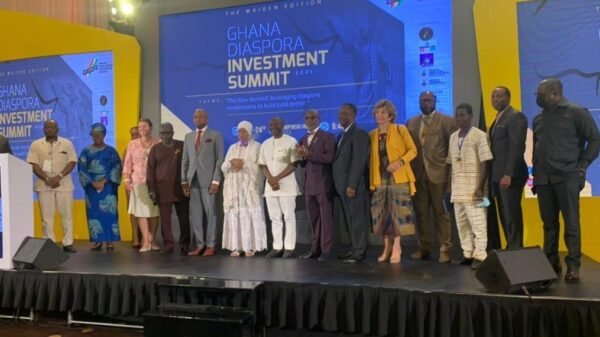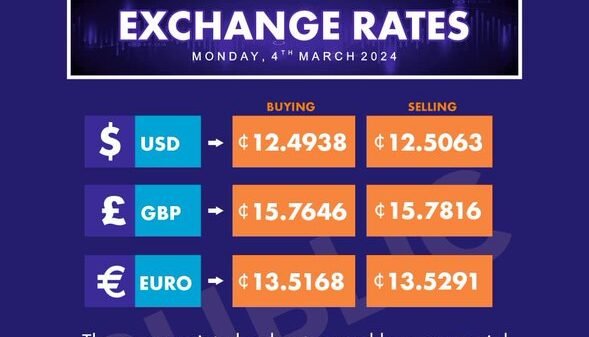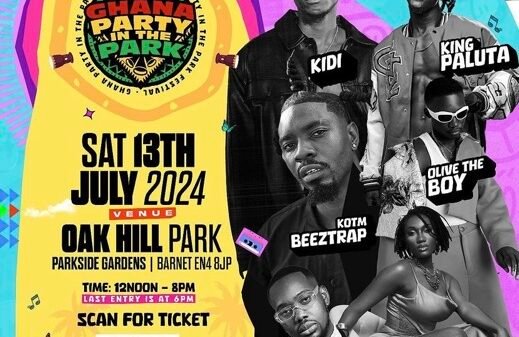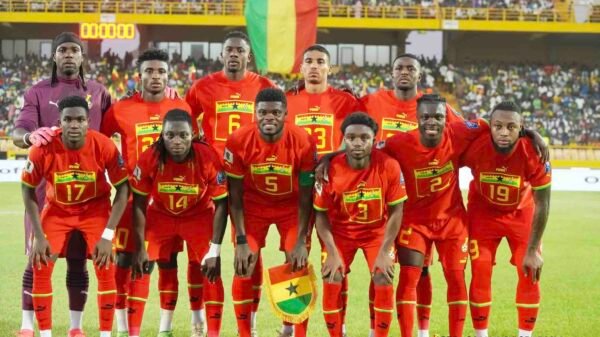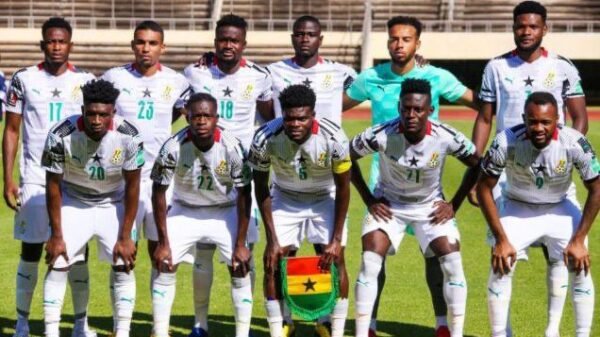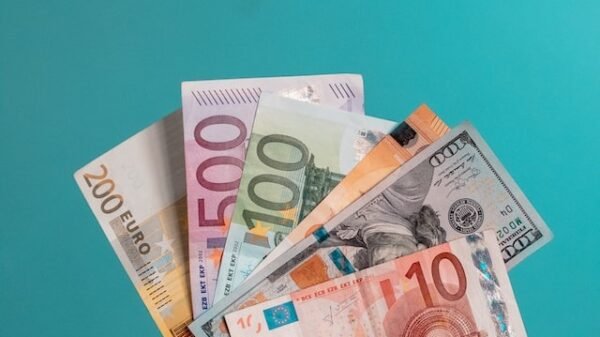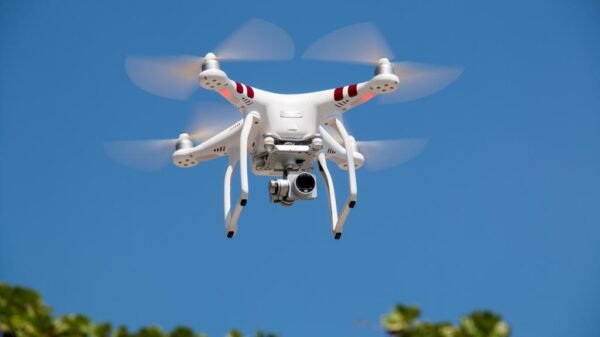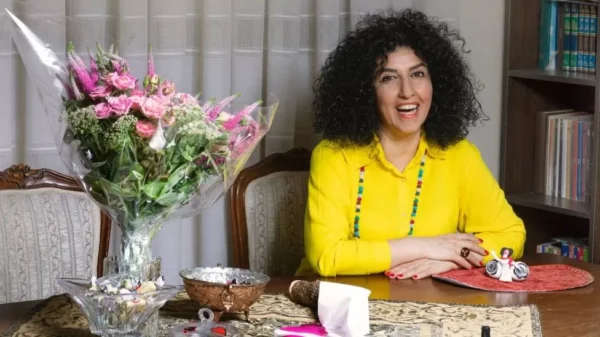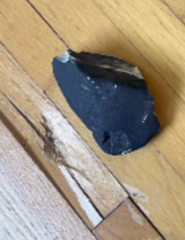Let’s lay these tired ideas to rest so they don’t stand between you and a good cuppa joe.
COFFEE IS ONE of the most widely consumed psychoactive beverages on the planet. It’s a cornerstone of culinary identities the world over. Nearly every country, region, and culture has its own unique way of preparing and consuming coffee. But there’s nothing simple about a cup of coffee. Those beans in your kitchen are the sum total of a complex series of interactions between international corporations, roasters, shippers, marketers, wholesalers, and even the growers who put the seeds in the ground. It’s complicated. It’s a mess.
Below we bust some of the most common coffee myths and misconceptions, to help you become a more informed consumer of this deliciously bitter elixir.
Be sure to check out our other coffee guides, like the Best Espresso Machines, Best Latte and Cappuccino Makers, Best Portable Coffee Makers, Best Coffee Subscriptions, and Best Coffee Grinders.1. Coffee Is Not a Bean
Coffee isn’t a bean. It’s a seed! Technically, it’s the endosperm (pit) of a special kind of berry, typically from the coffee plant. Initially, it’s wrapped in a thin red fruit that’s peeled off during the cleaning process. Then it’s a light silvery green color until it’s roasted.
That doesn’t mean you can plant your beans and grow your own coffee trees. The beans we grind up and brew are not plantable anymore, due to the roasting. Even if they were, it can take years before a coffee plant is mature enough to produce the berries that contain the coffee bean. Not to mention, Coffea arabica (the most popular cultivar) grows and thrives only in a few places in the world. It’s a demanding little plant with very particular climate needs—which brings us to our next point.2. European Coffee Isn’t From Europe
Coffee beans don’t grow in Europe. They grow in Central and South America, East and West Africa, the Arabian Peninsula, Asia, and Hawaii. So if you’re buying expensive imported coffee from Italy, France, or anywhere outside of these regions, you’re likely getting pretty bad coffee (unless you live in Italy or France, that is). That’s because the best-tasting coffee is always roasted shortly before it’s consumed.
If your coffee beans say they’re from Ethiopia, that’s where they were grown. But if the bag says they’re from somewhere in Europe, it likely means the coffee was roasted there, and that’s bad. Roasting brings out the flavors in coffee, but those flavor compounds start to break down shortly after they’re roasted. Coffee roasted outside your locale has likely sat in a shipping container or cargo plane for a long time. So when it arrives, all those flavors that make the coffee so tasty in a Parisian café have greatly degraded.
That’s why my advice is to always buy locally roasted coffee beans and grind them at home (with a burr grinder).3. Dark Roasts Don’t Have More Caffeine
We often hear that darker coffee is “stronger,” meaning it contains more caffeine, and that’s not strictly true. When green coffee goes into a roaster, it’s literally just toasted to different levels of doneness—just like your morning toast.
Blonde roasts are among the lightest-roasted beans, and because they don’t spend as much time cooking, they actually contain more intact caffeine compounds than medium- or dark-roasted beans. Heat accelerates chemical interactions, which means it also breaks down caffeine compounds. So it stands to reason that the longer a coffee bean is roasted, the less caffeine it’s going to contain when it’s ground up and brewed.
Dark roasted coffee has stronger, bolder flavors, but it doesn’t contain more caffeine. You might see dark-roast coffee labeled as French roast or Espresso roast, but that just means the beans are likely roasted twice to get a richer, toastier flavor.
A mini myth bust: There is no such thing as an espresso bean. Coffee for espresso is just regular old coffee that’s ground very fine. Espresso roast is a marketing term.4. Starbucks Coffee Isn’t Burned
Some coffee aficionados turn their noses up at Starbucks coffee because of its typically toasty and smoky flavors, but that’s not the result of Starbucks mishandling its beans. It’s a billion-dollar corporation, and as with all fast-food joints, the goals of a giant coffee roaster are a little different from those of your local roaster.
Starbucks coffee can taste “burnt” because the default roasts it ships to every one of its stores are typically on the darker side. There’s nothing inherently low quality or less than about dark roasts. A dark roast can be every bit as good (or every bit as bad) as a blonde or medium roast. For Starbucks, a dark roast is just an easier way to maintain a consistent flavor profile in every Starbucks location. Just like with a McDonald’s, the goal isn’t delivering haute cuisine but a product that tastes the same no matter where you buy it.
That said, Starbucks (and other mass-produced coffee) falls prey to the same issues that make buying roasted coffee from another country a bad idea. Because it makes coffee beans on such a large scale, you never know how long they’ve sat on a shelf or how far away they were roasted. (But hey, given that coffee is often a lesser ingredient in Starbucks drinks, you may not care.)
Tip: If you want good, flavorful coffee for home, find a local café that roasts its own beans. I guarantee there’s one within 100 miles of you, and they’re going to produce coffee that tastes much better than anything a mass producer can make. 5. Decaf Is Good, Actually
Decaf coffee is unfairly maligned. It’s often associated with lower-quality flavor and coffee drinkers who aren’t “real” coffee fans. Both of these things are false. That’s just plain-old gatekeeping.
There are plenty of reasons to drink decaf coffee. You may have a caffeine sensitivity, or you may just enjoy the taste of espresso after a meal without having to pay for it by tossing and turning in bed all night.
There are a few different ways coffee is decaffeinated, but the Swiss water process produces, in our opinion, the best decaf coffee. Using this process, the unroasted green coffee beans are washed in such a way that much of the caffeine content is extracted prior to roasting. The roasting lowers the content further. Extracting the caffeine in this gentler way preserves the flavors of the coffee bean. The carbon dioxide process is also good.
Other methods of decaffeination typically involve chemical solvents that can affect the flavor of the coffee. So next time you’re shopping for decaf, be sure to check the bag and see which decaffeination process it uses. It should say “water processed” or something similar. This directory site may also help you find good decaf brands.
Source: wired.com


